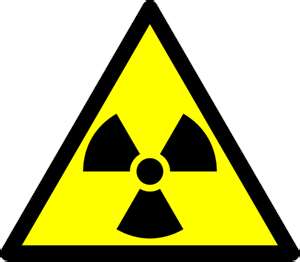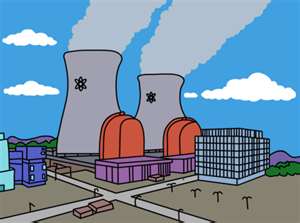Nuclear power is a controversial topic to be certain. In the next couple of days I’m going to try and look at the arguments for and against while applying my critical thinking skills to the debate.
is a controversial topic to be certain. In the next couple of days I’m going to try and look at the arguments for and against while applying my critical thinking skills to the debate.
I think first we have to actually define what nuclear power means. There are a lot of misconceptions and the topic is more than a little complicated. I don’t fully understand the nuances of the reaction by any stretch of the imagination but I’ll try to couch it in relatively easy to understand terms. By the way, this definition of a problem is critical in the analysis process. Read my Root Cause article.
Nuclear power plants, in their simplest concept, turn water into steam which is pressurized and fed into a steam turbine. The turbine then rotates and drives an electrical generator. Steam turbines of this nature account for about 90% of all electrical energy produced in the United States. A lot of this comes from coal and other non-nuclear sources but the basic process is similar.
Now, I know all my chemist and other scientifically knowledgeable friends and nieces will probably say this is too much of a simplification but my point isn’t really the process, so please bear with me.
In order to generate the heat to boil water and produce steam a nuclear reactor introduces an extra neutron into some uranium or plutonium. This generates a chain reaction wherein more and more of the uranium or plutonium splits into smaller elements and produces heat.
There are a number of arguments for and against nuclear power. I’ll get into the pros and cons tomorrow I just want to go over a few facts about how nuclear power is currently being used throughout the world.
It is estimated that about 16% of all electricity generated in the world comes from nuclear sources although because of ineffeciency of distribution it accounts for only about 2.6% of consumption.
The United States, France, and Japan are the leaders in production with France most of all depending on it for their energy demands. France in particular is used by proponents of nuclear power as a success story but there are nuances to that argument as well. Again, I’ll spend some time tomorrow talking about pros and cons.
Nuclear power also accounts for a huge percentage of the total energy produced in the universe. It’s what makes stars glow. That is something to think about.
I think I’ve laid out the concepts of nuclear power here pretty well and tomorrow I’ll talk about the pros and cons. I might end up having to split that into two articles because the arguments are complex and interesting and I like to keep these blogs relatively short so that you can read them easily during a break at work.
As always, tweet, comment, like, share, and otherwise tell your friends if you think this is worth reading.
Tom Liberman
Sword and Sorcery fantasy with a Libertarian Twist

